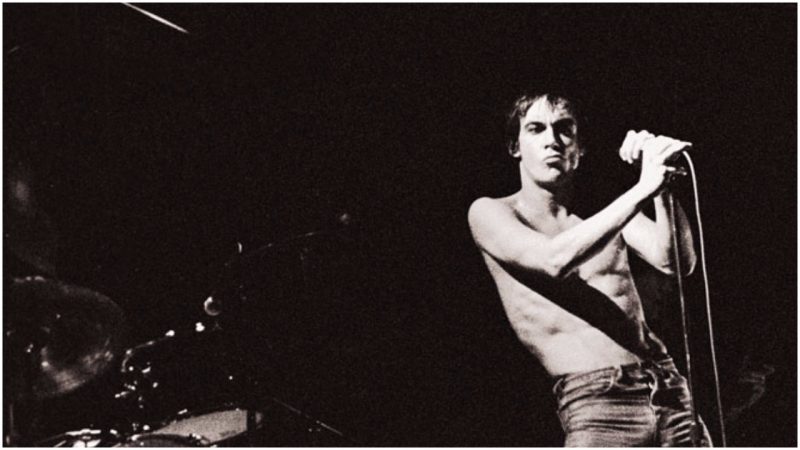During the psychedelic ’60s and ’70s, many promising bands and musicians emerged, but only a few became legends. Proving themselves in just a couple of years, bands like the Jimi Hendrix Experience and the Doors skyrocketed to glory, tearing the roofs off of every venue, forever changing the approach to rock music.
Jimi Hendrix only had four brief years of actively making music and playing gigs like Woodstock, but he still managed to become widely regarded as the greatest guitarist of all time. His untimely death ended the magic of the Jimi Hendrix Experience. The group’s psychedelic mayhem disappeared, leaving behind only those very fortunate fans who had the opportunity of seeing a concert performance.
When a prominent band lost a member, they would often try to “recuperate” and soldier on. When Brian Jones died, the Rolling Stones kept going. But sometimes the loss of a member was too devastating, like the end of Led Zeppelin, caused by John Bonham’s death.
At the same time, many music fans could be pigeonholed into categories, with their devotion to a group of bands. A die-hard Beatles fan may find himself disputing with a Stones fan over who is better. There were fans of the Who, fans of the Yardbirds, devotees of Bob Dylan who quarreled over his sudden shift to the electric guitar. And then there were those who listened to Miles Davis, the Grateful Dead, Black Sabbath, the Beach Boys, or the Velvet Underground, and a whole bunch more.
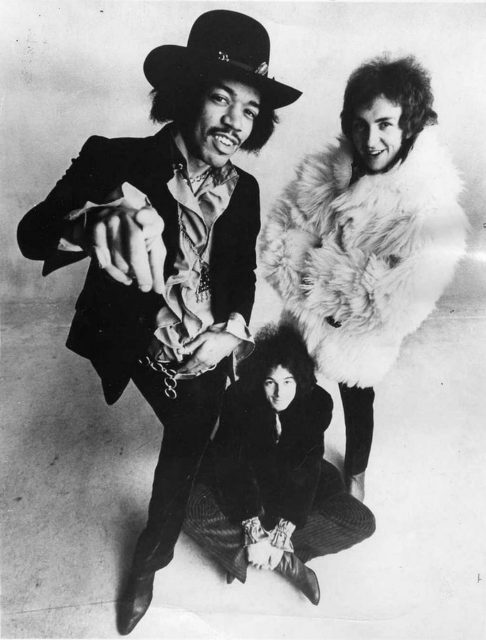
But when it came to being a Doors fan, they were set apart. The Doors, in a similar fashion to The Jimi Hendrix Experience, exploded like a supernova of sheer brilliance, and their sound was totally original. There was Robby Krieger on guitars, John Densmore on the drums, the flawless keyboards of Ray Manzarek, and of course, the radiant presence of Jim Morrison.
The blues-laden, psychedelic rock band broke every barrier, creating their uncompromised and prolific melodies accompanied by Morrison’s unpredictable stage persona and poetic ramblings. Their music can still be heard today in the background of every bar. Which is why the death of Jim Morrison on July 3, 1971, came as a huge shock. Everyone knew that the riotous “Lizard King” simply could not be replaced.
Or could he?
When James Newell Osterberg, Jr., a.k.a. Iggy Pop, saw the Doors in October 1967 at a homecoming dance at the University of Michigan, he found the inspiration for his own utterly “blasphemous” live performances. The young Iggy was blown away by Morrison’s charisma and dark energy and started a band which would go on to become an archetype of punk rock.
“Here’s this guy, out of his head on acid, dressed in leather with his hair all oiled and curled,” says Iggy, remembering Morrison in 2011. “It got confrontational. Part of me was like, ‘Wow, this is great. He’s really pissing people off and he’s lurching around making these guys angry.’ ”
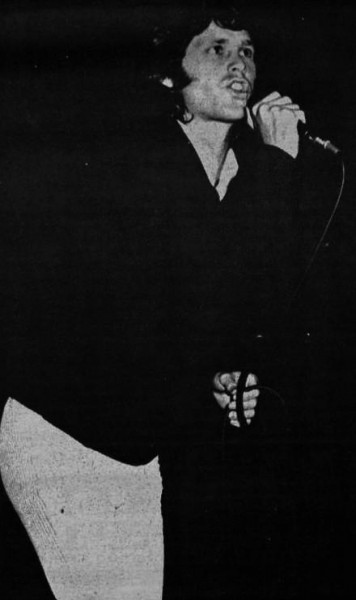
After Morrison’s death, the Doors became aware of Iggy Pop and his ability to start riots. The band invited the famous inventor of the “stage dive” to be their new frontman, but he declined the offer, saying that trying to channel a dead rock star’s stage persona was simply “ghoulish” and disrespectful.
The Experience started out in 1966, the Doors formed in 1965, and Iggy Pop and the Stooges started out in 1967. The new, uncontrollable energy of the Stooges drew many fans and their out-of-this-world, bombastic output was pure chaos, the perfect match to go with Iggy Pop’s contorting stage performances and flirtation with self-destruction.
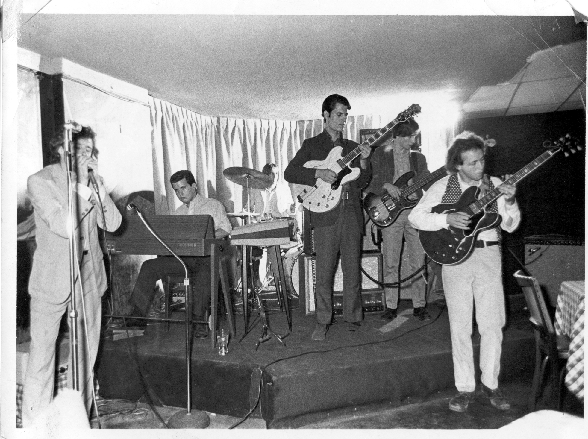
How the Stooges went unnoticed in their early years, with low sales of their albums, baffled fans, including the pop-art icon Andy Warhol. “I don’t know why he hasn’t made it really big,” Warhol wrote in the foreword to Iggy Pop’s book I Need More.
Before the Stooges’ hiatus in 1974, they released three groundbreaking records: The Stooges (1969), Fun House (1970), and Raw Power (1973). All three were critically recognized many years after and highly ranked on Rolling Stone’s list of the 500 Greatest Albums of All Time (at numbers 185, 191, and 128, respectively). Still, the group largely remained unnoticed on the scene. That is, until the Sex Pistols started covering “No Fun,” introducing them to larger crowds.
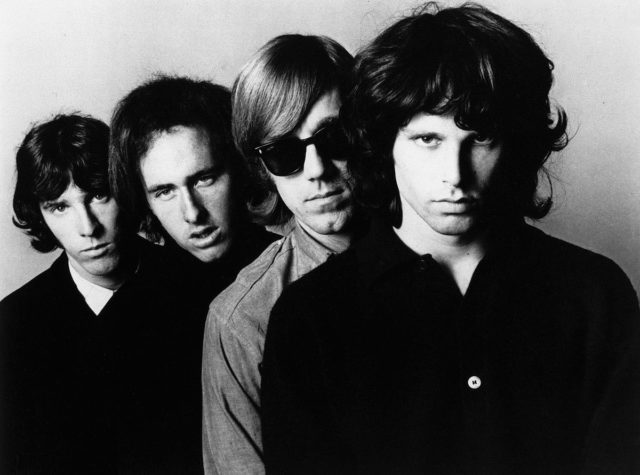
A lot of Iggy Pop and the Stooges’ songs became rock & roll standards, like “Search and Destroy,” “I Wanna Be Your Dog,” and “Lust for Life.” The Stooges were finally and deservedly inducted into the Rock and Roll Hall of Fame in 2010.
Iggy and the Stooges made money mostly from tours and gigs. Iggy Pop says: “We make an album, everybody complains for the first five years. And after about 10 years, people say, hey, you know, that’s pretty good. The money kicks in about 20 years later.”
Although the Stooges never had break-out album sales, they gained worldwide recognition as progenitors of the sheer brutality that is punk. It’s just as well that Iggy never tried to replace the “Lizard King.”
